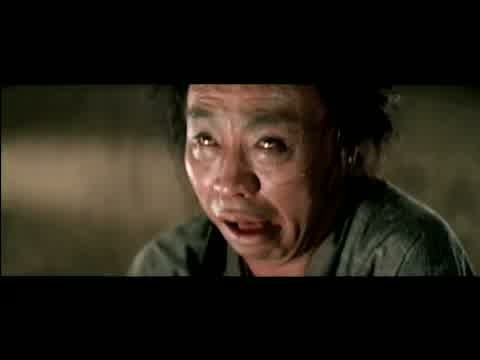Regie:
Masaki KobayashiKamera:
Yoshio MiyajimaMusik:
Tôru TakemitsuBesetzung:
Rentarô Mikuni, Tatsuya Nakadai, Kanemon Nakamura, Takashi Shimura, Reiko Mori, 佐藤慶, Haruko Sugimura, 菅井きん, Yūko Mochizuki, Michiyo Aratama (mehr)Inhalte(1)
Kwaidan, der 1966 als bester ausländischer Film für den Oscar nominiert war, besteht aus vier Episoden. “Black Hair”: Ein Samurai lässt sich aus finanziellen Gründen von seiner Frau scheiden, kehrt aber, als er dies als Fehler einsieht, zu ihr zurück. “The Woman in the Snow”: Ein Holzfäller macht während eines Schneesturms die Bekanntschaft eines Geistes, der ihn verschont, wenn er verspricht, nichts über dieses Treffen zu verraten. “Hoichi the Earless” handelt von einem Blinden Musiker, der von Mönchen vor bösen Geistern beschützt wird. Die Geister scheinen aber trotzdem einen Weg gefunden zu haben, zu ihm vorzudringen. “In a Cup of Tea” handelt von einem Mann, der behauptet, in seiner Teetasse die Spiegelung des Gesichts eines Mannes zu erkennen. (Verleiher-Text)
(mehr)Videos (2)
Kritiken (1)
Black Hair and The Woman of the Snow seem as if they were simply Asian versions of Anderson’s fairytales. Too bad that both seem to be only good prologs to much more extensive (and more interesting) material because when it eventually gets to the most interesting phase, it’s over. The third kaidan, Hoichi the Earless has the exact opposite problem: despite not being particularly enthralling, it was the longest. A shorter and harder hitting presentation would have suited it better. And so only In a Cup of Tea, aka forerunner to all those Japanese shock movies, works as it should. But even so, none of the kaidans are bad, but none of them can be described as a gem. Much is saved by the “squeaky" sound effects and the beautiful interior production design, like straight out of a Hammer studio. P.S.: I really must get a copy of Hearn’s “Kwaidan" - shame it’s impossible to find it in any second-hand bookshops.
()
Galerie (33)
Photo © Continental Distributing


